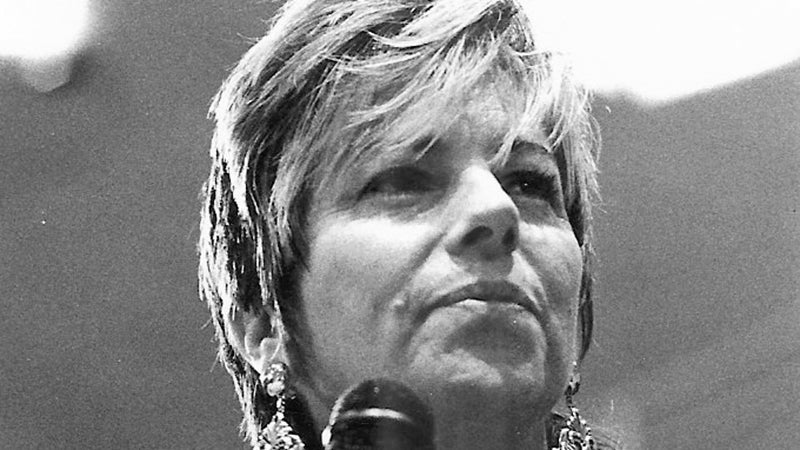Editorial — UT admissions: Trust, but verify
Published 10:28 am Wednesday, March 20, 2019
Small wonder that at least one former University of Texas regent has raised concerns about problematic admissions at UT-Austin and within the University of Texas System.
Former Regent Wallace Hall Jr. told The Texas Tribune this week he wasn’t surprised there was something rotten in Austin. The fiery former regent, who battled the status quo at UT-Austin during his six years as an appointee of former Gov. Rick Perry, told The Tribune: “Politicians who take money and free dinners from people and then get their kids into universities are engaging in the same quid pro quo arrangements as the guy who got caught taking cash for the same service. If a hotline was opened for whistleblowers to turn in cheaters, it would be flooded because everyone knows who cheated.”
That’s a strong charge. But Hall, as a single-term regent, almost from the outset of his UT service expressed concerns about legislative influence on the admissions process. Legislators pushed back at the close scrutiny from the investor and UT grad, even raising the specter of impeachment before settling for censure.
In 2015, a probe of the system largely vindicated the unbowed Hall, finding that then UT-Austin President Bill Powers had helped many applicants with questionable credentials gain admission there between 2009 and 2014.
Small wonder, too, that Gov. Greg Abbott last week suggested additional review of admissions policies across Texas to make sure they were on the up and up.
Abbott was wise to take this step. Texas schools include some of finest public campuses in the U.S., including those in Austin and College Station and Lubbock and beyond. Those campuses and others have worked hard to build good reputations.
Release of news last week that UT-Austin men’s tennis coach Michael Center was fired following a complaint he took a bribe to help an unqualified student get into the college was especially concerning. He was one of 50 people charged in the fallout of “Operations Varsity Blues.”
That federal probe, more than a year in development, centered on William “Rick” Singer of Newport Beach, California, whose college counseling business effected much of the scandal that involved 33 wealthy parents, 13 coaches and associates of Singer and some testing officials. More arrests may follow.
So far, evidence suggests that parents paid some $25 million in total to help their children get into pricy, prestigious colleges that included Yale, Stanford, Georgetown, Boston University, UCLA, Southern Cal and Texas — all of which have had their reputations sullied.
A UT spokesman said the university is outraged by the scandal and Center’s alleged participation in it, but defended UT’s admissions procedures and policies. Still, better mousetraps oftentimes encourage smarter mice.
Better to follow Abbott’s lead.
Trust. But verify.





